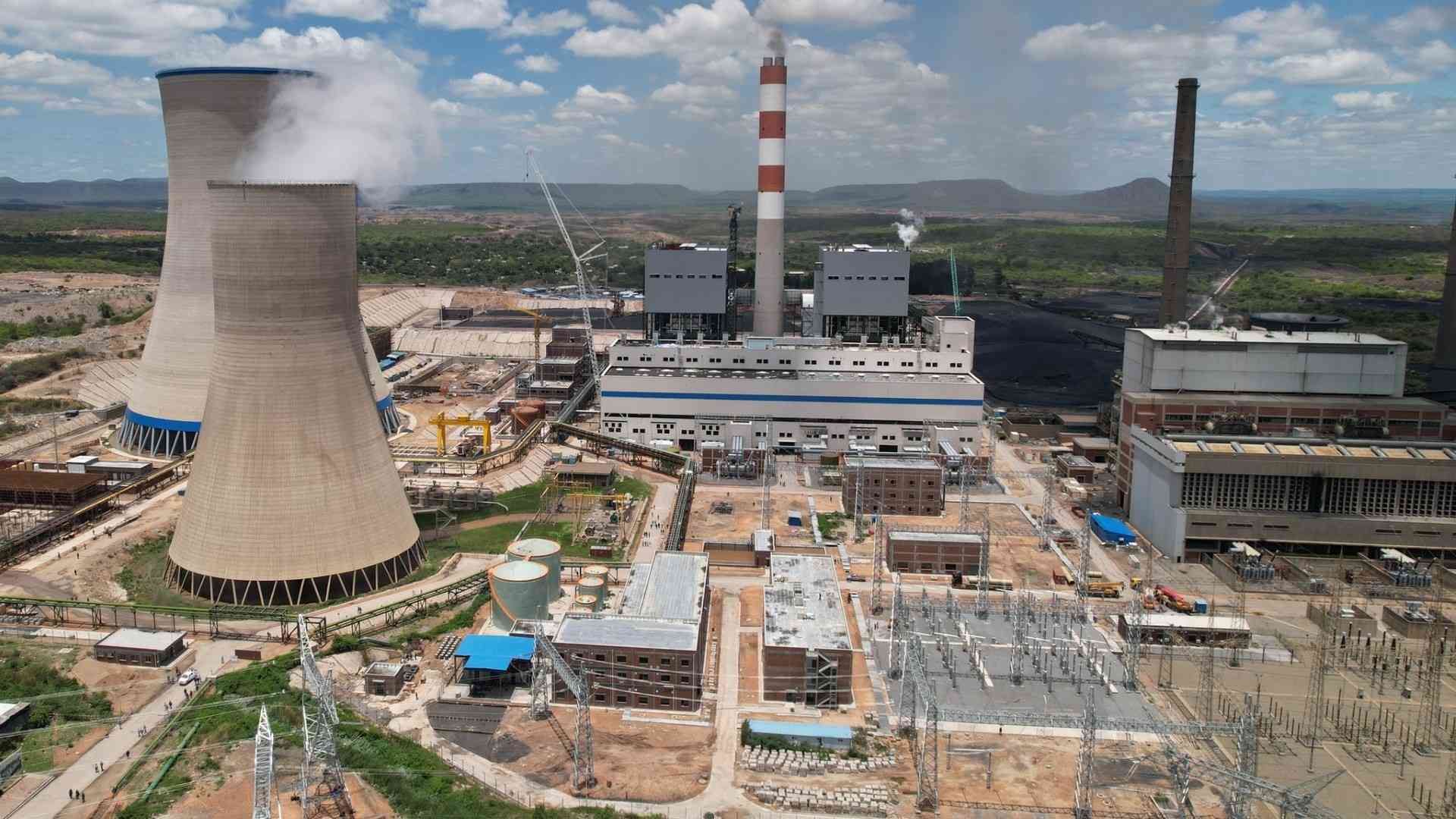
A ZIMBABWEAN parliamentarian has sounded the alarm over a “surge of cases” of abuse in the country’s mining sector, accusing the government of neglecting its duty to protect citizens amid the rush to supply critical minerals for the global green energy transition.
Joana Mamombe, MP and vice-president of the African Network of Parliamentarians for Climate Change, said young men were being exploited, while young women and children faced widespread sexual harassment in mining areas, abuses she said communities were enduring “in silence”.
Her remarks come as Zimbabwe, which hosts some of the world’s largest lithium reserves alongside rich deposits of gold and diamonds, aggressively courts foreign investors to revive its struggling economy.
But the mining boom has also triggered growing concern over human rights violations, environmental degradation and the exclusion of local communities from the nation’s mineral wealth.
“Extraction is happening in the name of green energy transition,” Mamombe said at a climate change conference in Harare this week.
“So once they bring petitions, once they bring complaints about what is happening then that’s how we know how we can then act. It’s quite unfortunate that our people are being abused in silence in these mining communities.”
Detailing the extent of the problem, she added: “Recently, we have had you know a surge of cases shown on social media where young men are being abused in mining areas and I am aware that there’s a report that was done by one of the organisations again on sexual harassment of young women and also children in these mining communities”.
Her concerns echo findings by several advocacy groups, including the Centre for Natural Resource Governance (CNRG), which has documented dangerous working conditions, land seizures without compensation and the contamination of local water sources in mining zones.
- Society must change its negative perception on disability
- Entertainment galore as showbiz regains its spark
- DeMbare coach demands consistency
- A Chinese miner’s response to the raging investment question
Keep Reading
Such issues are particularly severe in regions like Mutoko, known for black granite mining, and Bikita, the centre of Zimbabwe’s fast-expanding lithium rush.
Mamombe called for stronger collaboration between Parliament, civil society and affected communities to ensure accountability and justice.
She urged government officials to balance economic ambition with social and environmental responsibility.
“So this is where we need to come in as a government to say yes as much as we want to transition as much as we also want you know to increase our gross domestic product through mining but we also have to check and look at what is happening within the communities, make sure that we protect our own,” Mamombe said.
Farai Maguwu, executive director of CNRG, underscored the irony of mining for climate solutions while worsening local environmental crises.
“The communities, especially in rural areas, don’t have the capacity to protect themselves from climate change,” he said.
“If there is a disaster in the village, the responsiveness is very different; even the distance itself makes it very difficult for people to get help in time.”
Maguwu challenged both the government and mining companies to adopt more sustainable and just policies.
“We are demanding a climate and resilient budget the way we advocate for our resources, to what extent is it reflecting a nation that is battling with the serious threat of climate change?” he asked.
“There’s the heavy consumption of fossil fuels in the process of mining itself, carbon emissions, and yet when the climate disasters happen, the mining companies are far away. We need to see some policy shifts where the mining companies can also pay the tax for them to contribute to resource mobilisation.”
The government has repeatedly stated that it is committed to responsible mining, stressing that revenue from the sector remains vital to national development.
However, critics argue that weak enforcement and poor transparency continue to leave communities and the environment exposed to exploitation.










